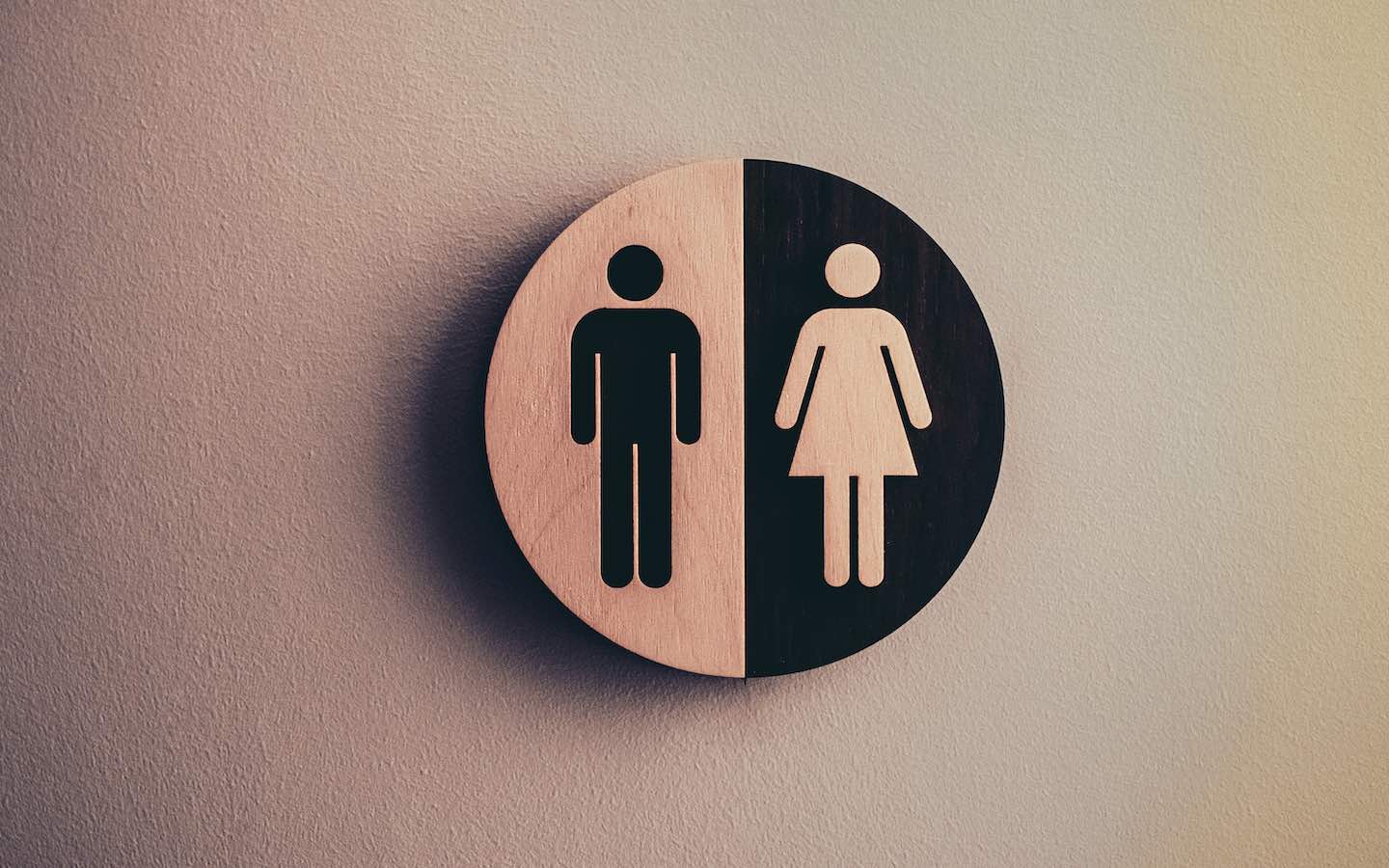CHANDIGARH: The state has sent just seven women to the Lok Sabha in 58 years.
In a state that has produced trailblazers like astronaut Kalpana Chawla, Olympic medallists Sakshi Malik and Manu Bhaker, and Miss World Manushi Chhillar, the harsh reality of gender bias in Haryana’s political sphere is stark.
While women have excelled in various fields, their representation in politics remains disproportionately low. The famous dialogue from the movie Dangal, “Maari Choriya Chhoron Se Kam Hai Ke,” which champions gender equality, ironically highlights the persistent male dominance in Haryana discreetly, especially in politics.
Haryana, once notorious for its skewed sex ratio and killing of girls on womb, was the launch pad for Prime Minister Narendra Modi’s “Beti Bachao, Beti Padhao” campaign, aimed at promoting gender equality. Yet, in the realm of politics, women continue to be marginalized. The representation of women in Haryana’s political landscape remains stuck at around 10%. Interestingly, the state government had already given 50% reservation to women in Panchayati Raj Institutions.
Despite making up 46.76% of the state’s population (as per 2011 census), women hold only 10% of the seats in the Haryana Legislative Assembly. In the 2019 elections, only nine women were elected out of 90 Assembly constituencies, a decrease from the 13 women MLAs in 2014—the highest number of women representatives the state has ever seen. Since the first Assembly elections in Haryana in 1967, the number of women MLAs has only touched double digits three times. Shockingly, 47 Assembly constituencies in Haryana, including urban areas like Gurugram, Faridabad, and Rohtak, have never elected a woman MLA.
Prasanni Devi holds the distinction of being the only woman in Haryana’s political history to win five terms in the state Assembly.
Other prominent women leaders like Kiran Choudhary, Geeta Bhukhal, Chandrawati, and Kartar Devi have each been elected four times. However, these are exceptions in a state where women’s political presence remains minimal.
The situation is similarly grim in Parliament. In the last 40 years, only four women from Haryana have been elected to the Lok Sabha. The state has sent just seven women to the Lok Sabha in 58 years, and six of its 10 Lok Sabha seats have never been represented by a woman. Similarly, since 1968, only seven women including Kiran Choudhary, Kumari Selja and Sushma Swaraj, Vidya Beniwal and Sumitra Mahajan were elected to the Rajya Sabha from the state, which has five Rajya Sabha seats.
The first woman from Haryana to break this barrier was Chandrawati, who became the first woman Lok Sabha MP from the state in 1977 after defeating Bansi Lal in Bhiwani. Chandrawati was also the first woman to be elected to the Haryana Assembly in 1968. Kumari Selja, a prominent Congress leader, is the only woman from Haryana to have been elected to the Lok Sabha five times, representing Sirsa and Ambala. A member of the Congress Working Committee, she also served as a Rajya Sabha MP from 2014 to 2020, making her the longest-serving female parliamentarian from the state.
Professor Santosh Dahiya, national president of Mahila Sarvkhap Mahapanchayat, remarked, “Haryana continues to struggle with deep-rooted gender bias, where women have minimal representation in politics because they are perceived as inferior to their male counterparts.”
“Even those women who wish to step forward are often barred from entering politics due to the pervasive male dominance. Only a handful of women have managed to join and succeed in politics without a political lineage. Their ongoing struggle for political representation underscores the urgent need for change in the state’s political culture,” she added.
Other prominent women leaders like Kiran Choudhary, Geeta Bhukhal, Chandrawati, and Kartar Devi have each been elected four times. However, these are exceptions in a state where women’s political presence remains minimal.
The situation is similarly grim in Parliament. In the last 40 years, only four women from Haryana have been elected to the Lok Sabha. The state has sent just seven women to the Lok Sabha in 58 years, and six of its 10 Lok Sabha seats have never been represented by a woman. Similarly, since 1968, only seven women including Kiran Choudhary, Kumari Selja and Sushma Swaraj, Vidya Beniwal and Sumitra Mahajan were elected to the Rajya Sabha from the state, which has five Rajya Sabha seats.
The first woman from Haryana to break this barrier was Chandrawati, who became the first woman Lok Sabha MP from the state in 1977 after defeating Bansi Lal in Bhiwani. Chandrawati was also the first woman to be elected to the Haryana Assembly in 1968. Kumari Selja, a prominent Congress leader, is the only woman from Haryana to have been elected to the Lok Sabha five times, representing Sirsa and Ambala. A member of the Congress Working Committee, she also served as a Rajya Sabha MP from 2014 to 2020, making her the longest-serving female parliamentarian from the state.
Professor Santosh Dahiya, national president of Mahila Sarvkhap Mahapanchayat, remarked, “Haryana continues to struggle with deep-rooted gender bias, where women have minimal representation in politics because they are perceived as inferior to their male counterparts.”
“Even those women who wish to step forward are often barred from entering politics due to the pervasive male dominance. Only a handful of women have managed to join and succeed in politics without a political lineage. Their ongoing struggle for political representation underscores the urgent need for change in the state’s political culture,” she added.

